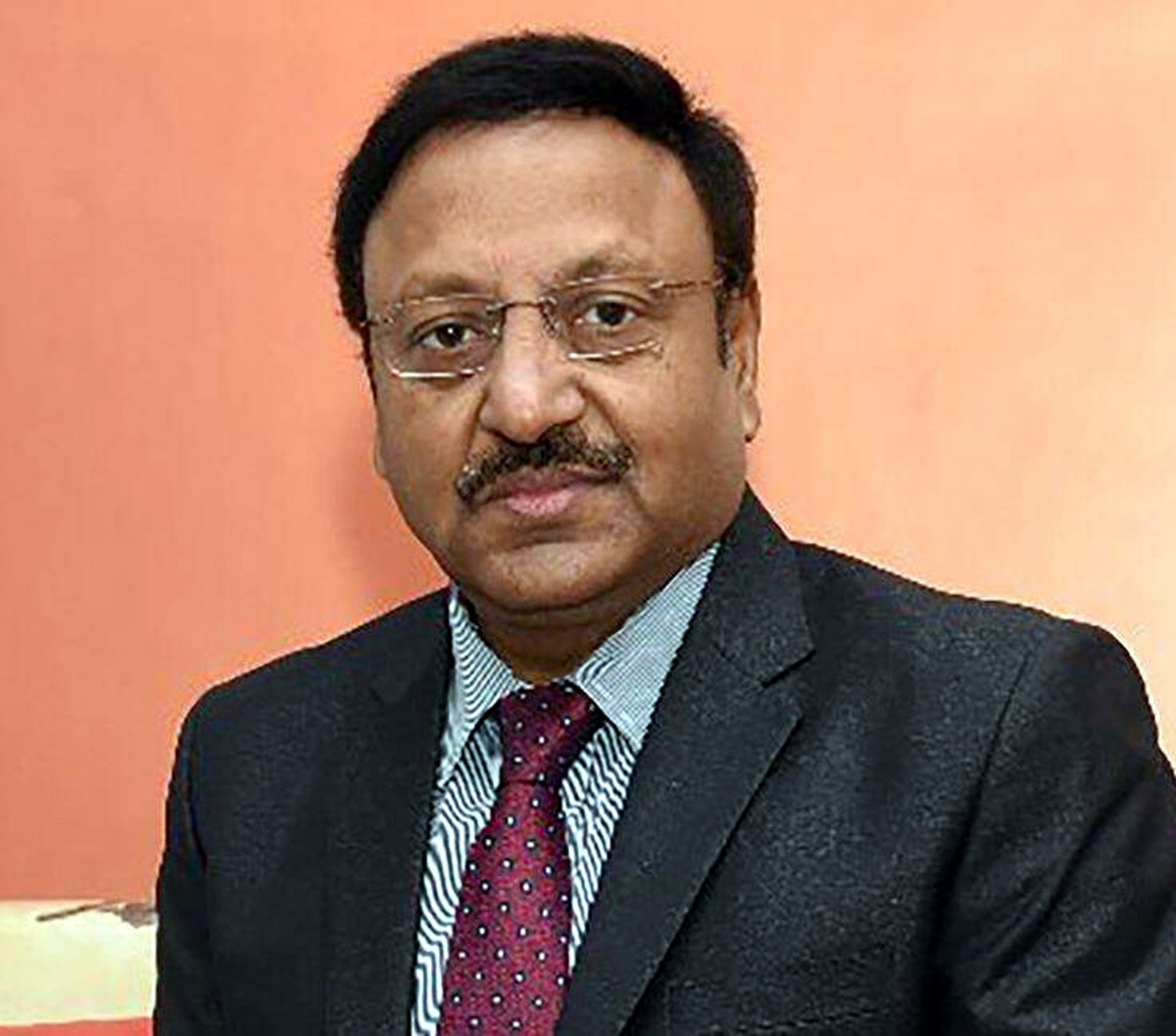CEO discusses arrangements with all 20 DCs
*Summary Revision of Electoral Rolls likely after Aug 15
Sanjeev Pargal
JAMMU, June 5: Chief Election Commissioner (CEC) Rajiv Kumar has conducted first meeting with Election officials of Jammu and Kashmir to review post-Delimitation Commission preparations for conduct of Assembly elections in the Union Territory.
In the aftermath of the meeting, Chief Electoral Officer (CEO) Hridesh Kumar held Online meeting with all 20 Deputy Commissioners, who also happen to be District Electoral Officers (DEOs), to review progress on rationalization of Polling Stations and other steps required after the Delimitation Commission exercise.
However, official sources told the Excelsior that summary revision of Electoral Rolls could start only after August 15 as nine out of 20 Deputy Commissioners in Jammu and Kashmir will be busy in annual pilgrimage of Shri Amarnath Ji shrine till August 11. They include five DCs in Jammu division—Jammu, Kathua, Samba, Udhampur and Ramban and four in Kashmir including Srinagar, Ganderbal, Kulgam and Anantnag.
This was first meeting of Rajiv Kumar with CEO Hridesh Kumar and other Election officials of Jammu and Kashmir after taking over as new CEC from Sushil Chandra last month.
“Following submission of Delimitation Commission report on May 5 and its publication in official gazette by the Union Law Ministry, the CEO had issued detailed schedule for rationalization of Polling Stations and completion of other requisite formalities to the District Election Officers,” sources said.
While there was no official word on the Chief Election Commissioner’s meeting with the Election officials of Jammu and Kashmir, sources said conduct of the Assembly elections as and when possible and formalities required prior to the exercise were discussed in detail.
Going by the fact that Summary Revision of Electoral Rolls would be possible from August 15 onwards, sources said it would be slightly difficult to hold Assembly in November December as the Revision takes three and half to four months time.
Moreover, they pointed out, the Summary Revision of Electoral Rolls hasn’t been held in Jammu and Kashmir for the last three years. It couldn’t be conducted in 2019 in view of Central Government’s August 5 decisions including bifurcation of Jammu and Kashmir into two UTs of J&K and Ladakh and scrapping of special status of erstwhile State. It wasn’t held in two subsequent years of 2020 and 2021 due to ongoing exercise of Delimitation Commission.
Sources said the CEO also reviewed various other measures required for rationalization of Polling Stations, deployment of staff and Summary Revision of Electoral Rolls during meeting with the Deputy Commissioners.
“After rationalization of Polling Stations and notification of new Polling Stations, Electoral Registration Officers (EROs) of new Assembly constitutions (as per Delimitation order) under the close supervision of DEOs shall undertake activities for printing Integrated Electoral Rolls,” sources said.
The CEO office has already asked all DEOs to submit proposals for appointment of EROs and Assistant Electoral Registration Officers (AEROs).
Sources said the CEO will share Existing Control Table Master Data of the Integrated e-Roll with all districts by June 17.
Thereafter, it said, Special Summary Revision of e-Rolls will be undertaken as per schedule to be notified by the Election Commission of India and accordingly the publication of draft rolls, filling of claims and objections, disposal of claims and objections and final publication of Electoral Rolls will be undertaken.
The Delimitation Commission had submitted its report on May 5 while the Law Ministry published it in the official gazette days later. The report now will be tabled in the Parliament after which the Central Government will decide the issue for nomination of Kashmiri migrants and PoJK displaced persons.
The Commission has already reserved nine seats for Scheduled Tribes and seven for Scheduled Castes in the Assembly. Kashmir will have 47 Assembly seats and Jammu 43.
While splitting Jammu and Kashmir into two Union Territories through the Reorganization Act, the Union Home Ministry had increased Assembly seats of Jammu and Kashmir by seven taking total seats to 114-24 of which are reserved for PoJK while election will be held for 90 seats.
Erstwhile State of Jammu and Kashmir had 111 seats including 24 reserved for PoJK while elections were held for 87 seats. With creation of Ladakh as Union Territory, four seats of the region were reduced and the Assembly was left with 83 seats. However, with increase of seven seats, J&K UT will have an Assembly of 90 seats. Two women MLAs will be nominated to the House, which was the position earlier also.
In the previous Assembly, Kashmir had 46 seats, Jammu 37 and Ladakh four.
Home Todays story CEC holds first high-level review meet with J&K officials post-Delimitation exercise


